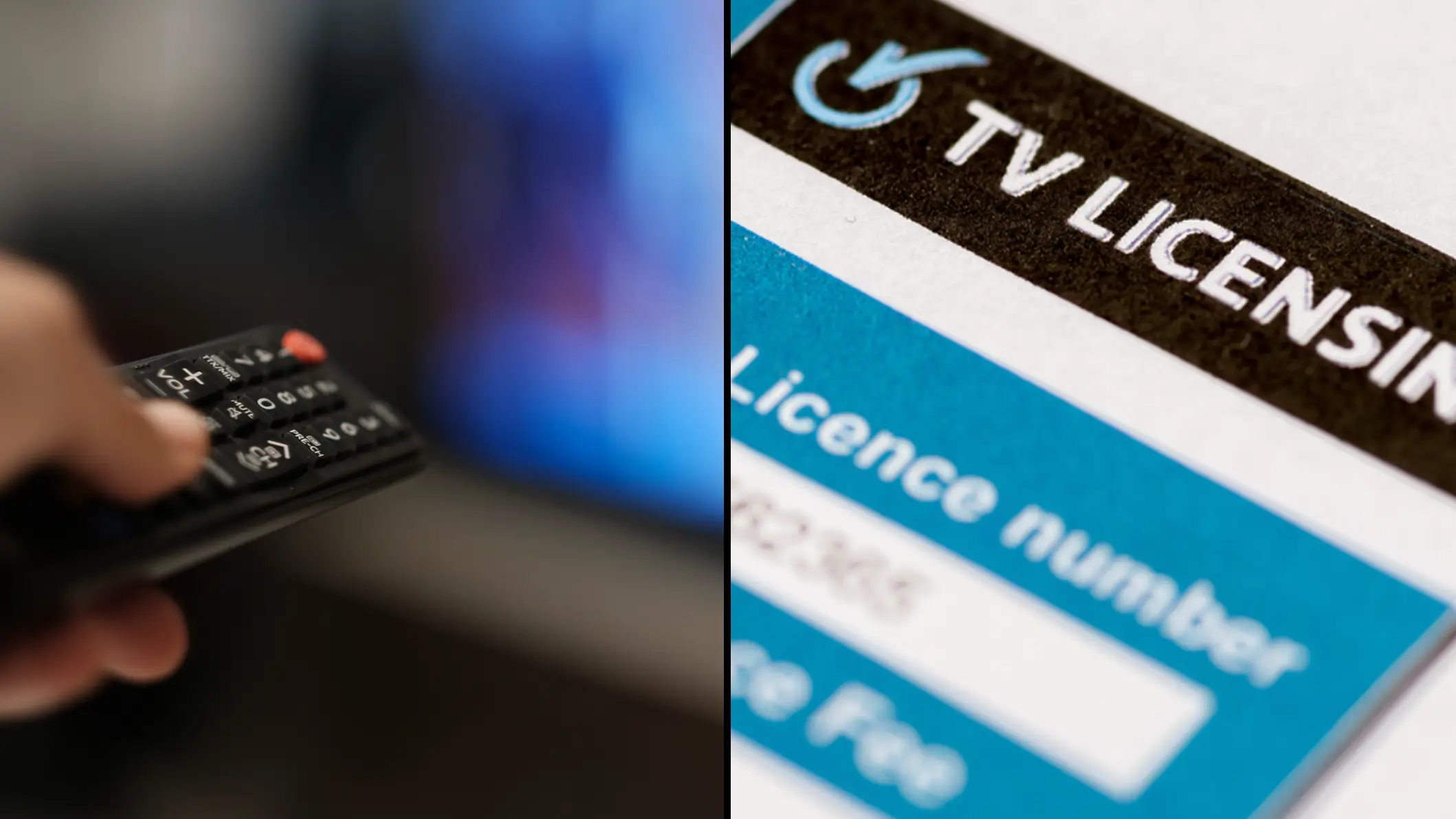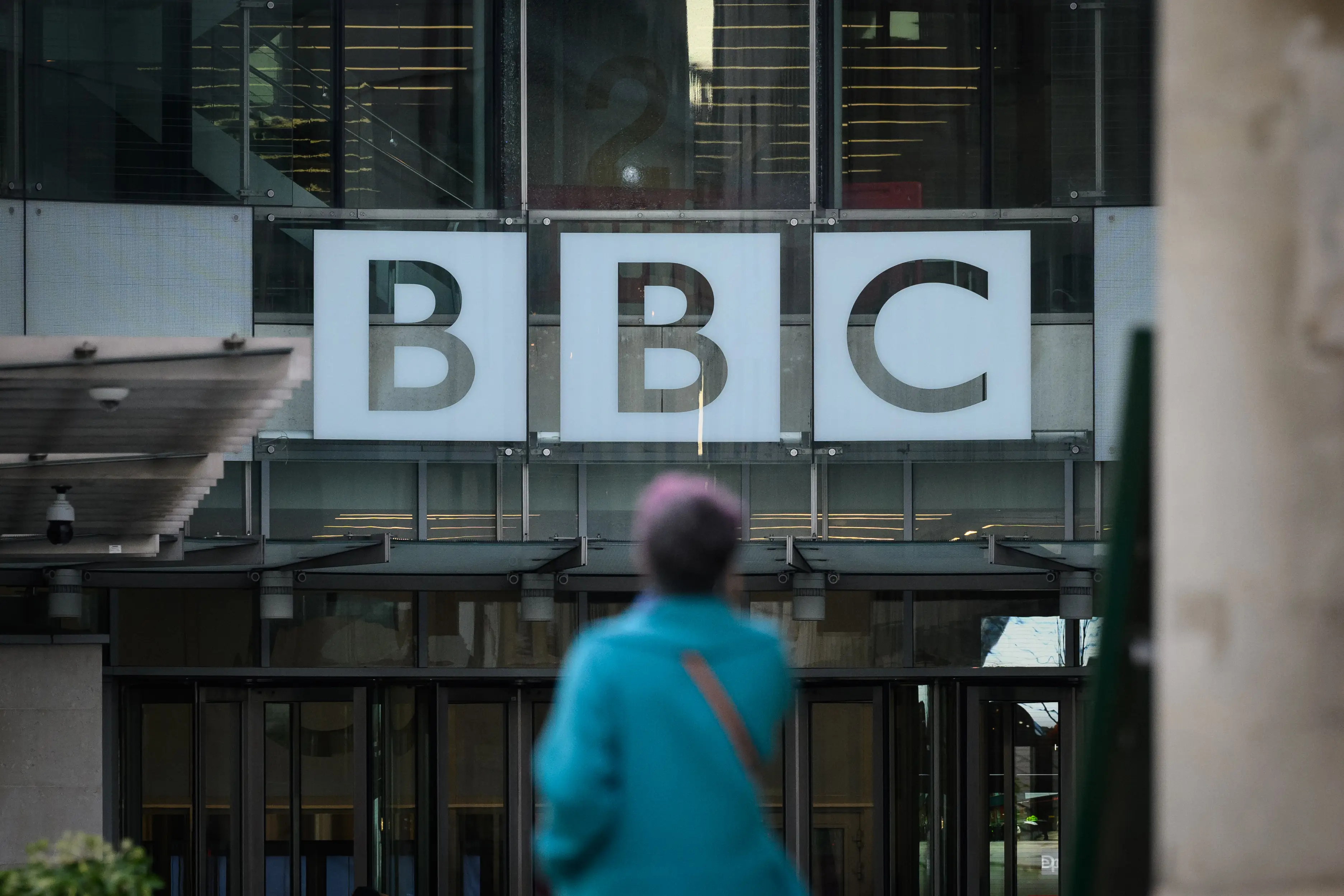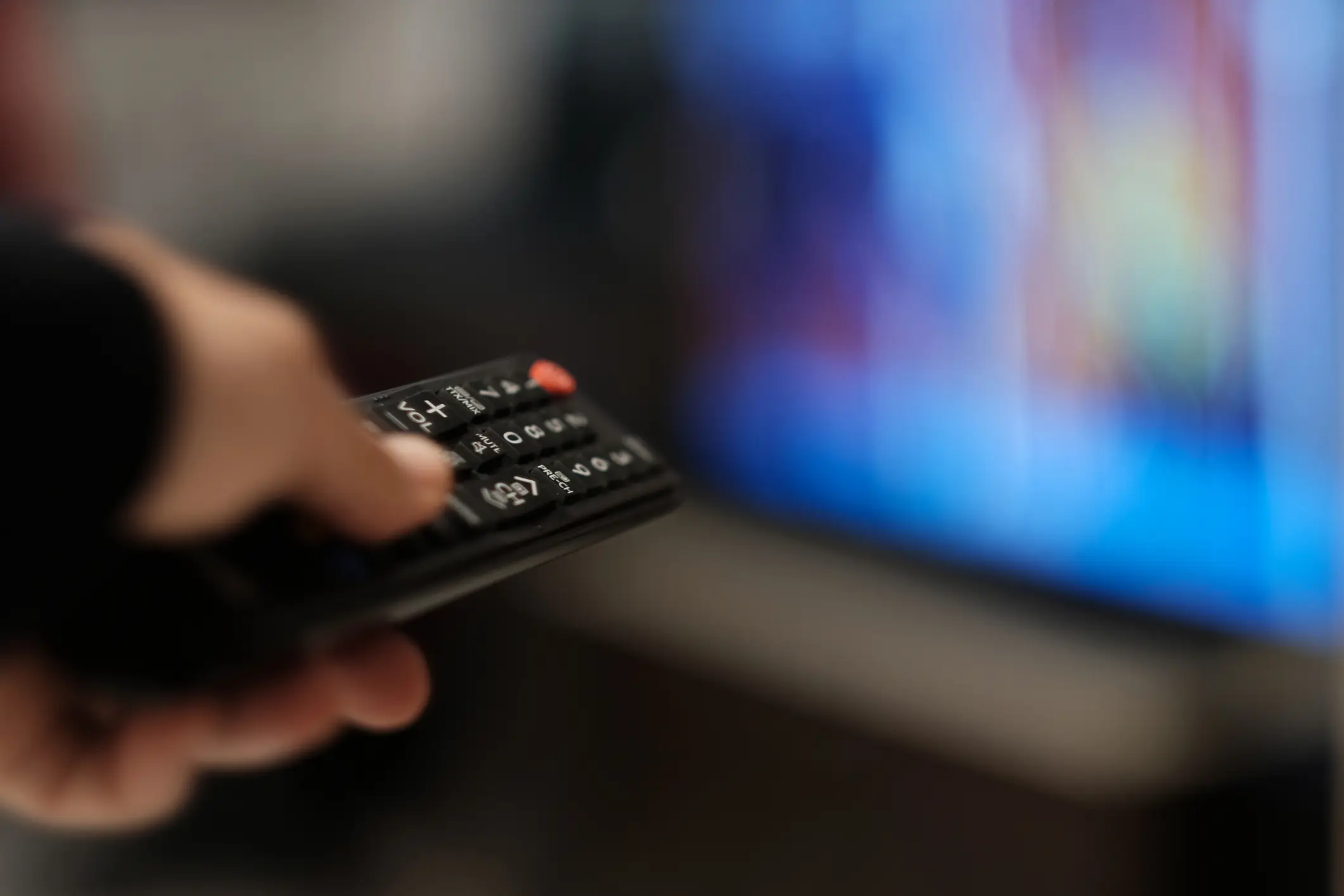
Even if you don't want to, you will have to pay your BBC TV Licence for a raft of reasons.
First thing is first: you don't have to pay for a TV Licence by default. In fact, there's a good few reasons and occasions that mean you don't need to cough up a single penny.
But for millions, you'll have to cough up more than £150 a year because of what you watch.
And the cost is about to increase for the first time in years.
Advert
From the beginning of April 2024, the government will up the licence by 10 per cent. Ouch.
It'll mean the annual cost will now rise to £169.50 from £159.
It's the first time it has increased since 2021.
When do you need to pay for a TV Licence?
You'll need to pay for a TV Licence if you watch live television as its aired - whether that's BBC One, ITV1, or even live sport on football on Prime Video.
You'll also have to pay up if you watch live TV that you've recorded, even if you're watching on catch-up. It's just the law.
iPlayer users will also have to pay.
You wont have to pay for a TV Licence if all you watch is on-demand content that isn't the iPlayer. So if you stick to ITVX and Channel 4 on catch-up, you're okay.
Same goes for Netflix or Prime Video subscribers. You can also get refunded for your TV Licence if you have been paying and didn't actually need it.

What happens if you should be paying for a TV Licence and you don't?
You could find yourself dragged in to court.
And the maximum fine you could face? We're looking at £1,000. You cannot be sent to prison for not paying.
TV Licensing says that enforcement action and court is a final course of action that follows on from trying to educate those not paying on why they should be paying the fee.

What does the TV Licence cover?
Earlier this year, a TV Licensing spokesperson told LAD: "A TV Licence provides cover for anyone watching or recording a TV programme on any channel; watching live content on streaming services; and using BBC iPlayer.
"Information is available on the TV Licensing website and via the customer services team, who can help with any queries.
"TV Licensing’s primary aim is to help people stay licensed and avoid prosecution – which is always a last resort. We are doing all we can to help people and offer a range of concessions and payment schemes which support people who fall into financial difficulty.
"If it is necessary to consider prosecution we apply evidential and public interest tests."
Topics: BBC, Money, TV and Film, UK News, CBBC, TV, Netflix, ITV, Channel 4, Channel 5